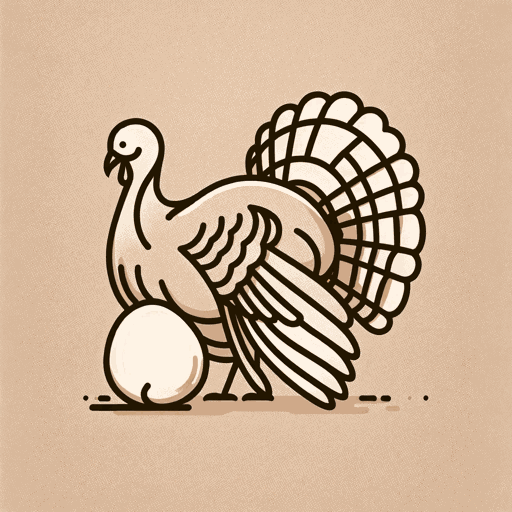57 pages • 1 hour read
Jonathan Safran FoerExtremely Loud and Incredibly Close
Fiction | Novel | YA | Published in 2005A modern alternative to SparkNotes and CliffsNotes, SuperSummary offers high-quality Study Guides with detailed chapter summaries and analysis of major themes, characters, and more.
Important Quotes
“Even though I’m not anymore, I used to be an atheist, which means I didn’t believe in things that couldn’t be observed. I believed that once you’re dead, you’re dead forever, and you don’t feel anything, and you don’t even dream. It’s not that I believe in things that can’t be observed now, because I don’t. It’s that I believe that things are extremely complicated.”
(Chapter 1, Page 4)
Oskar’s narration reads like that of a child whose thoughts are faster than his mind can keep up with. His language makes clear that he’s struggling to understand and articulate his experience. The words "extremely” and “incredibly,” which he uses often, illustrate both the intensity of his experience and the failure of his vocabulary to capture it. After his father dies, his former atheism becomes untenable, and he is groping toward an understanding of the mystery of life and death.
“We could imagine all sorts of universes unlike this one, but this is the one that happened.”
(Chapter 1, Page 13)
Even before his father died, Oskar was questioning the meaning of life after reading Stephen Hawking’s work. Confronted with the enormity and apparent randomness of the universe, he wondered what the point was of existing at all. Oskar’s father said that he did not believe in any higher purpose. He believed that things are important just because they exist, and that even the smallest things are important.
“I’d experienced joy, but not nearly enough, could there be enough? The end of suffering does not justify the suffering, and so there is no end to suffering, what a mess I am, I thought, what a fool, how foolish and narrow, how worthless, how pinched and pathetic, how helpless.”
(Chapter 2, Page 33)
Thomas’s future hopes were cut short when Anna and their child died in the Dresden bombing. The news of her pregnancy had come only that morning, and he had experienced a joy unlike any he had ever known. This joy was soon replaced with its opposite, and Thomas never recovered. He grew to hate himself for never being able to heal or move on from the past.
Related Titles
By Jonathan Safran Foer





